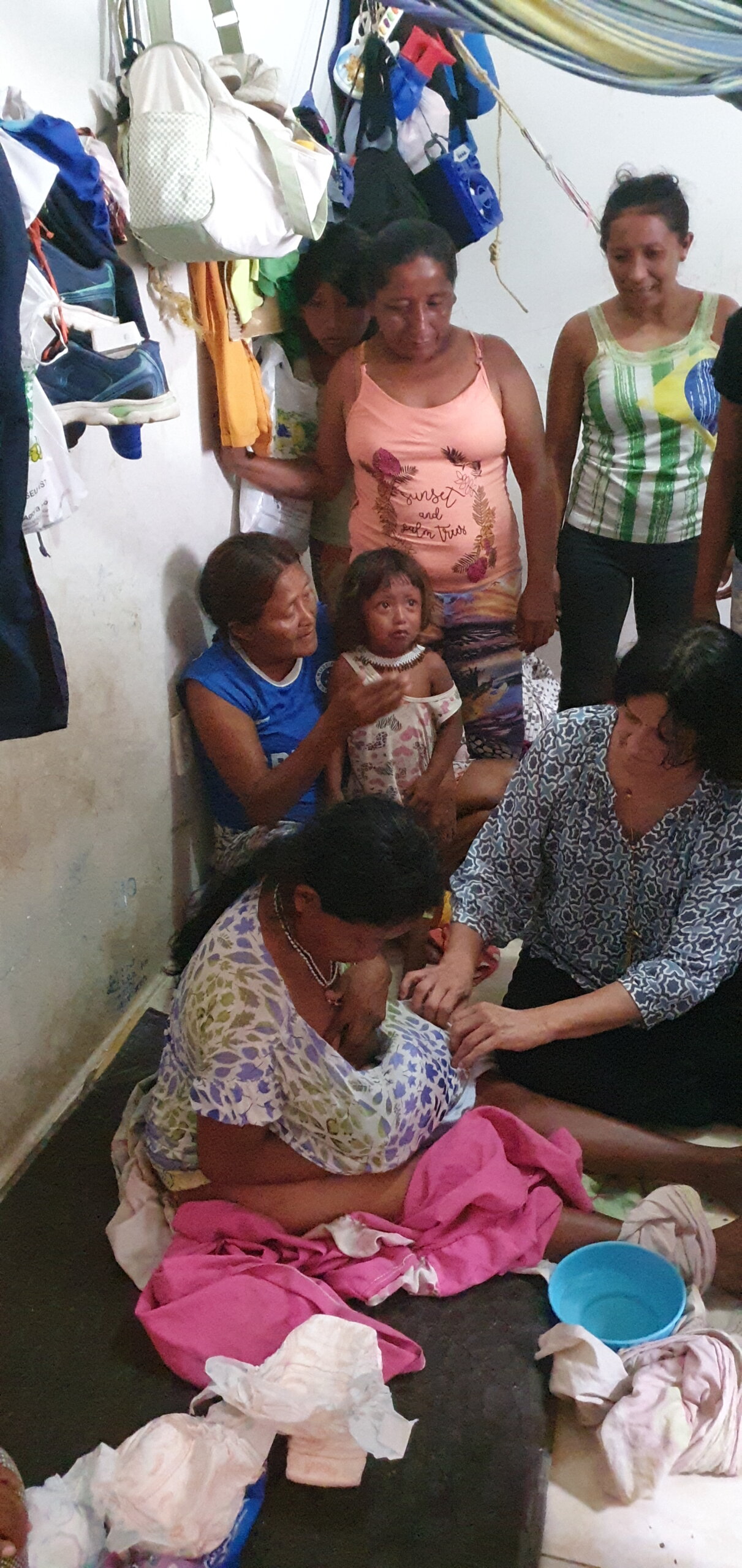Human rights-based approach to sexual and reproductive health in displacement

The core of ReGHID’s work is founded on a rights-based approach to public health, as a way to assert the indivisibility of human rights, understand levels of responsibility and accountability of state and non-state actors, and, most importantly, assess health policies in what they relate to the protection of displaced women and adolescents in Brazil, Colombia, El Salvador, Honduras, and Mexico. It is therefore central to the project to better understand how rights, or lack thereof, are experienced by displaced women and assess their own perspectives of entitlement.
ReGHID also proposes a rights-based conceptual framework underpinned by the notion of equity in development as an outcome of the relationship between rights holders (women and girls in displacement) and duty bearers (governments at different levels, health system institutions, communities, aid organisations, and individuals) who are legally obliged to respect, protect and fulfil human rights including the sexual and reproductive health rights of vulnerable populations, and to contribute to the reductions in health inequalities and cycles of deprivation and exclusion.
According to the Guttmacher-Lancet Commission (2018), Sexual and Reproductive Health Rights amount to: the rights to contraception to prevent an unintended pregnancy; care for those who experience an unwanted pregnancy; prenatal, delivery and postnatal care for those who carry a pregnancy to term; and information and services for the prevention and management of HIV and STIs, and prevention and management of sexual and gender-based violence as central to this process. ReGHID agrees that approaching these gender specific rights is essential for building sustainable wellbeing, integration to society and livelihoods of displaced women and girls, as illustrated below:

ReGHID’s theoretical framework has optimal empirical use in that it will be able to test (i) how displacement is a determinant of SRH needs and rights of women and girls; (ii) opportunities for displaced women and adolescent girls to act upon information for developing coping mechanisms and improving conditions for socio economic wellbeing; and (iii) the value of co-producing with policy actors national, regional and international a model for effective SRH service delivery to reduce gender SRHR inequalities. This theoretical approach will not only serve to advance academic research but will also provide a vehicle for identifying how new knowledge on displaced women and girls as agents and subjects of rights can be effectively harnessed for policies that can contribute to more effective and inclusionary health system governance.
